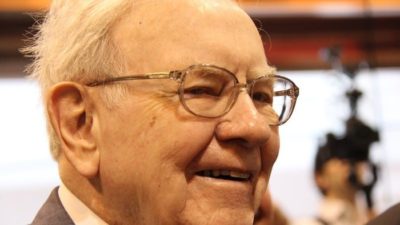Inflation is a topic that we rarely hear about these days – except in news reports noting how low it is. In fact, deflation rather than inflation has most Central Banks around the world more concerned, if our record low interest rates are anything to go by.
Still, there will undoubtedly come a time when inflation rears its ugly head once more (as it has done throughout history). So, taking a look at your portfolio in light of this is probably a wise move.
What is inflation?
Inflation is technically defined as the depreciation of the value of a currency over time, or to put it another way – a rise in the cost of goods and services (living). It is the reason why a bottle of milk cost 20 cents forty years ago, but will set us back $3 today.
Inflation is also described as a 'hidden tax' because of the consistent destruction of value that it brings about. The government target of 2% inflation actually translates into a target for our currency to be worth half of its real value in 50 years' time. Hence, if you leave $1,000 in cash under your bed, in 50 years, it will only be able to buy $500 worth of goods at today's prices.
What does this mean for investors?
Inflation is a huge drag on investors as well. If your stock market portfolio appreciates 10% in a given year, but inflation is running at 6%, you will only realise a gain of 4% in real terms. So how do we combat this insidious force?
Well, Warren Buffett (the greatest investor of all time) has a few ideas.
Buffett lived and invested through decades of high inflation in the United States. Despite this, he has been able to increase his company's (Berkshire Hathaway) book value by a rate of over 20% a year since the 1960s.
An extract from his 1993 Letter to Shareholders gives us some clues about how to invest during periods of high inflation:
Both Coke and Gillette have actually increased their worldwide shares of market in recent years. The might of their brand names, the attributes of their products, and the strength of their distribution systems give them an enormous competitive advantage, setting up a protective moat around their economic castles.
Coca-Cola and Gillette were two big-winner investments Buffett made throughout his career. What Buffett is saying here is that the quality of these companies and their 'enormous competitive advantages' gives them the ability to overcome obstacles like inflation. If Coke's or Gillette's costs inflate, they are easily able to pass them on to their willing customers. This ability to bypass the 'inflation tax' makes them inflation-proof companies
Foolish takeaway
Buffett only invests in businesses that will easily be able to thrive in a high-inflation environment. So have a think about the companies in your own portfolio and how they would fare in the same situation.








